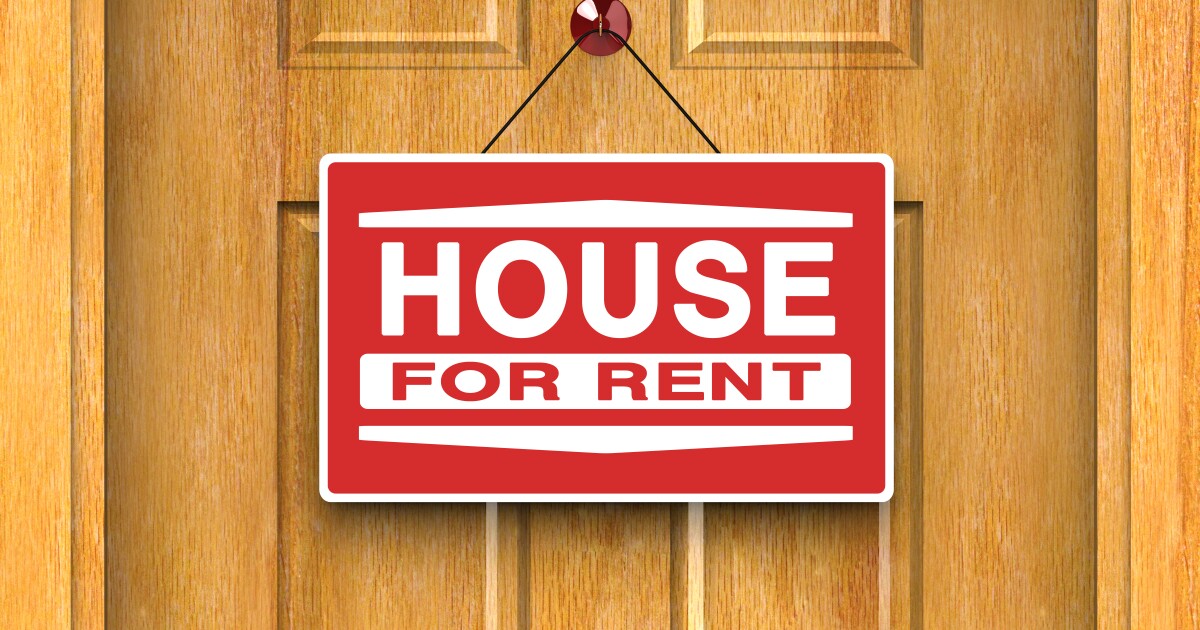
The real estate market is looking up, at least according to property investors. But even amidst the sunny outlook, many of them still worry about tariffs, high insurance and a possible recession.
Optimism among real estate investors improved, according to the most recent Investor Sentiment Index. The index rose to 102, up from 88 in the spring. This is an improvement after two quarters of declines, though it's still below the high of 124 last fall.
The index, which is put out every quarter by real estate lender RCN Capital and consulting firm CJ Patrick Company, measures how real estate investors feel about the market. The survey includes questions on topics such as the state of the market, their investment plans, and how they expect the market to perform in the future.
According to the survey, 48% of real estate investors believe that today's market is better than it was a year ago, up from 31% last quarter. Meanwhile, only 25% of investors thought the market had gotten worse, a drop from 34% in the spring. Just under half of respondents were optimistic about the next six months while 20% expected the market to get worse.
"It's interesting that investor sentiment seems to be moving in lockstep with consumer sentiment: both hit multi-year lows in April, but have been trending up since," said Jeffrey Tesch, CEO of RCN Capital, in a statement.
House flippers were more upbeat than rental property investors about both the present and the future, with more than 53% of them saying that the market had improved in the last year as opposed to only 33% of those who look to hold on to the real estate. Fix-and-flippers were also more likely than rental property owners to have a rosy outlook about the next six months (52% versus 40%).
The report pointed out that many landlords are bearing the expense of rising property valuations – like more expensive insurance and
"Rental asking prices are effectively flat year-over-year, while home prices continue to rise slightly, and finance costs remain stubbornly high," the report said.
What are investors worried about?
Those surveyed, buyers who do not intend to live in the properties, pointed to a number of major challenges, including the high costs of financing, rising home prices and competition from larger institutional investors. Insurance costs were also a major concern, with nearly three-quarters of respondents saying that it had become a factor in whether they decide to buy a property.
Rising insurance premiums are plaguing homeowners of all stripes. One study found that
Many investors cited broader macroeconomic fears, as well, including worries about a recession and how rising deportations might affect their business. Tariffs are also weighing on investors' minds. Forty-five percent said import duties have increased construction costs, and 30% reported bringing in less income because of tariff-related price increases.
Tariff fears have percolated within the construction and housing industries for months. The National Association of Home Builders warned back in February that they
Mortgage rates, which have mostly hovered between 6.70% and 6.90% since May for conforming owner-occupied loans, are also causing problems. More than a quarter of surveytakers reported a decline in demand for owner-occupied housing, a particular concern for home flippers who want to quickly turnover the property and move on. Here, investors were less optimistic about the future – more than 72% said they expect rates to stay 6.5% for this year, suggesting most aren't expecting relief for their buyers anytime soon.
How are investors adapting?
Despite the broad optimism, some investors are taking a cautious approach, with 40% saying they planned to pull back on investing over the next year, and a full quarter of investors declaring they likely won't buy any new properties at all.
As prices soften in markets across the country, many owners are also adjusting the expectations for the properties they do have. About one-quarter said they've had to cut the sale price or rental rate for their property, and another 25% expect they may have to do so by the end of the year. This was especially true for fix-and-flip investors in Florida and California, two states that have seen



